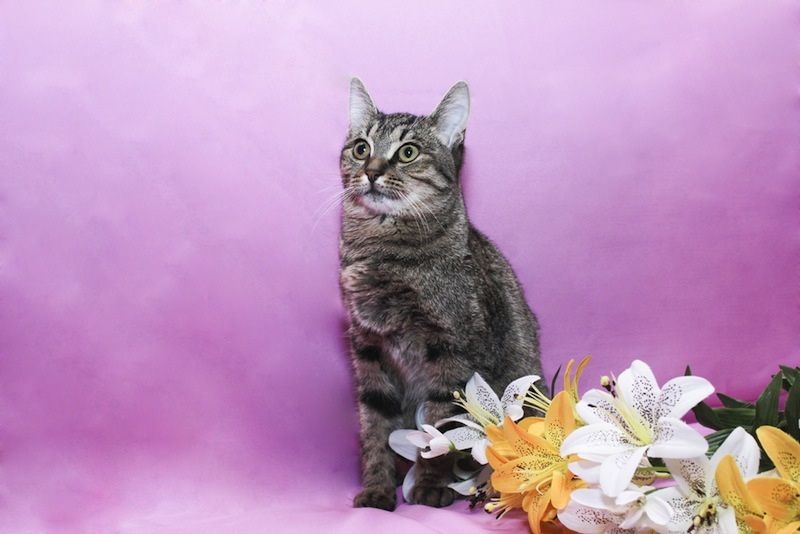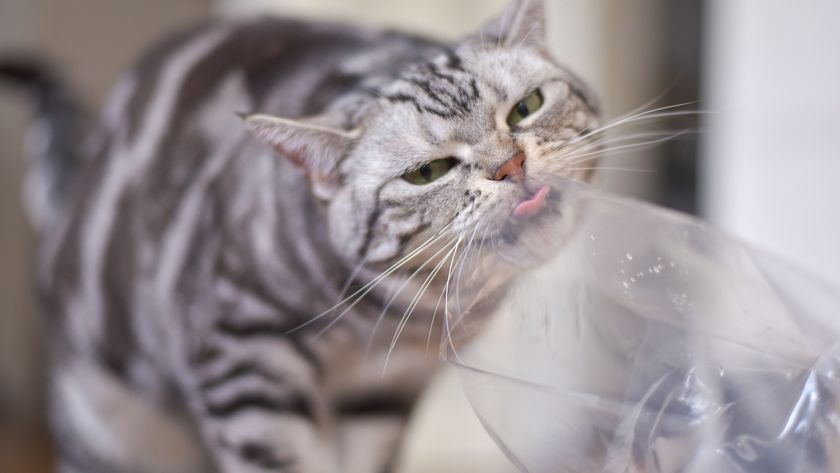Easter Lilies Kill Cats, FDA Warns
Easter lilies are a popular decoration around this time of year, but it might be best to avoid having them in your house if you have a curious cat, the Food and Drug Administration warns.
These white, trumpet-shaped flowers are toxic to feline friends who might nibble at the plants' petals and leaves. Related flowers, such as tiger, Asiatic, day-, and Japanese Show lilies, are also poisonous to cats.
If you suspect that your cat has eaten any part of a lily or its pollen, call your veterinarian immediately, or take your cat to an emergency veterinary clinic, said Melanie McLean, a veterinarian at FDA.
Even eating just a couple of leaves or licking a few pollen grains off their fur can cause cats to suffer acute kidney failure, she said. All parts of these plants, which are members of the Lilium and Hemerocallis genera, are considered poisonous. [The 10 Most Common Poisonous Plants]
The first symptom of lily toxicity in cats is vomiting, McLean said in a statement. If you have lilies in your home, checking for missing petals or chewed leaves can tell you whether your cat has found the flowers, she said.
Over the next 12 to 24 hours, the cat may start to urinate frequently, but then urinating might stop altogether, which is a sign of kidney failure. If not brought to a veterinarian, the cat will die within four to seven days. Other signs to watch for include drooling, loss of appetite and decreased activity. The vet will give the cat intravenous fluids to prevent dehydration and save the kidneys, McLean said.
Lilies are usually not as toxic to dogs, but may cause some gastrointestinal distress. However there's one similar flower, Lily of the Valley, which you should keep away from your dog, because this plant is highly dangerous for canines, too.
Sign up for the Live Science daily newsletter now
Get the world’s most fascinating discoveries delivered straight to your inbox.
Making sure these plants are not among those your pets like to play with is an important part of pet-proofing your home this season, according to the FDA. Other plants that are toxic to your pets include Aloe vera, Daphne, Kalanchoe, foxglove and yew bushes, according to the FDA.
Email Bahar Gholipour. Follow us @LiveScience, Facebook & Google+. Original article on Live Science.













